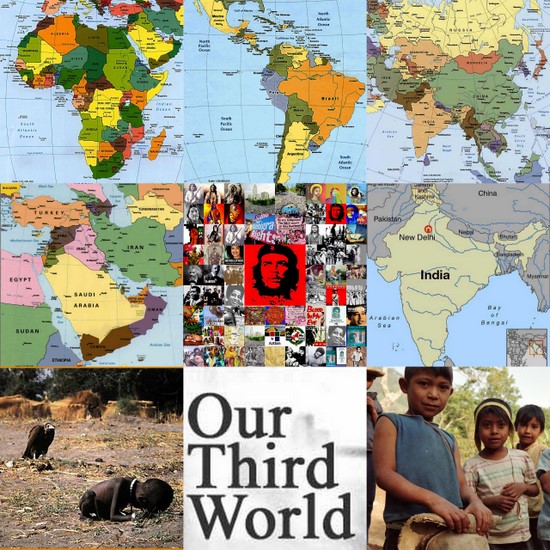By TAGHREED EL-KHODARY and ETHAN BRONNER
The Palestinian groups again launched barrages of rockets and mortars into
Speaking before the weekly cabinet meeting in
Among the 30 or more targets hit Saturday night and early Sunday was the main security compound and prison in Gaza City known as the Saraya; metal workshops throughout Gaza; Hamas military posts; and the house of a chemistry professor from Gaza's Islamic University. The Hamas-owned Al-Aqsa television station was also struck, as was a mosque that the Israeli military said was housing armed men and was being used as a terrorist operation center.
Palestinian officials said that most of the dead in Gaza were security officers for Hamas, including two senior commanders, and that at least 600 people had been wounded in the attacks.
The prime minister of
Two rockets fell in the vicinity of the major Israeli port city of
Israeli military officials said that the airstrikes, which began on Saturday morning, were the start of what could be days or even months of an effort to force Hamas to end its rocket barrages into southern
After the initial airstrikes, dozens of rockets were fired into southern
A number of governments and international officials, including leaders of
Early Sunday morning in
A military operation had been forecast and demanded by Israeli officials for weeks, ever since a rocky cease-fire between Israel and Hamas fully collapsed a week ago, leading again to rocket attacks in large numbers against Israel and isolated Israeli operations here.
Still, there was a shocking quality to Saturday's attacks, which began in broad daylight as police cadets were graduating, women were shopping at the outdoor market, and children were emerging from school.
The center of Gaza City was a scene of chaotic horror, with rubble everywhere, sirens wailing, and women shrieking as dozens of mutilated bodies were laid out on the pavement and in the lobby of Shifa Hospital so that family members could identify them. The dead included civilians, including several construction workers and at least two children in school uniforms.
By afternoon, shops were shuttered, funerals began and mourning tents were visible on nearly every major street of this densely populated city.
The leader of the Hamas government in
In
"We wanted to attack military targets while the terrorists were inside the facilities and before Hamas was able to get its rockets out that were stored in some of the targets," said a top Israeli security official, briefing a group of reporters by telephone on condition of anonymity.
"Right now, we have to hit Hamas hard to stop the launching," he added. "I don't see any other way for Hamas to change its behavior. Hamas is not just a terrorist organization. It actually rules
Hamas had in recent weeks let it be known that it doubted
Israeli officials said that anyone linked to the Hamas security structure or government was fair game because Hamas was a terrorist group that sought
Spokesmen for Hamas officials, who have mostly gone underground, called on militants to seek revenge and fight to the last drop of blood. Several compared what was happening to the 2006 war between
The Arab League initially called an emergency meeting for Sunday in
Governments that dislike Hamas, like Egypt's, Jordan's and the Palestinian Authority in the West Bank, are in a delicate position. They blame Hamas for having taken over Gaza by force 18 months ago in the aftermath of its election victory in the Palestinian Parliament, and they oppose its rocket fire on Israeli towns and communities.
But the sight of scores of Palestinians killed by Israeli warplanes outraged their citizens, and anti-Israel demonstrations broke out across the region.
President Mahmoud Abbas of the Palestinian Authority angrily condemned the Israeli airstrikes. Egypt, worried about possible efforts by Palestinians to enter the country, has set up machine guns along the
In the
Hamas is officially committed to Israel's destruction, and after it took over Gaza in 2007, it said it would not recognize Israel, honor previous Palestinian Authority commitments to it or end its violence against Israelis.
Israel, backed by the United States, Europe, Egypt and the Palestinian Authority, has sought to isolate Hamas by squeezing Gaza economically, a policy that human rights groups condemn as collective punishment. Israel and Egypt, which control routes into and out of Gaza, have blocked nearly all but humanitarian aid from going in.
The result has been the near death of the Gazan economy. While enough food has gone in to avoid starvation, the level of suffering is very high and getting worse each week, especially in recent weeks as
Opening the routes to commerce was Hamas's main goal in its cease-fire with
===
Taghreed El-Khodary reported from Gaza, and Isabel Kershner from
===
ANTONY:
Blood and destruction shall be so in use
And dreadful objects so familiar
That mothers shall but smile when they behold
Their infants quarter'd with the hands of war;
All pity choked with custom of fell deeds:
And Caesar's spirit, ranging for revenge,
With Ate by his side come hot from hell,
Shall in these confines with a monarch's voice
Cry 'Havoc,' and let slip the dogs of war;
That this foul deed shall smell above the earth
With carrion men, groaning for burial.
Education is Liberation!
Peter S. Lopez aka: Peta
Email: peter.lopez51@yahoo.com
Key Link: http://www.NetworkAztlan.com


No comments:
Post a Comment